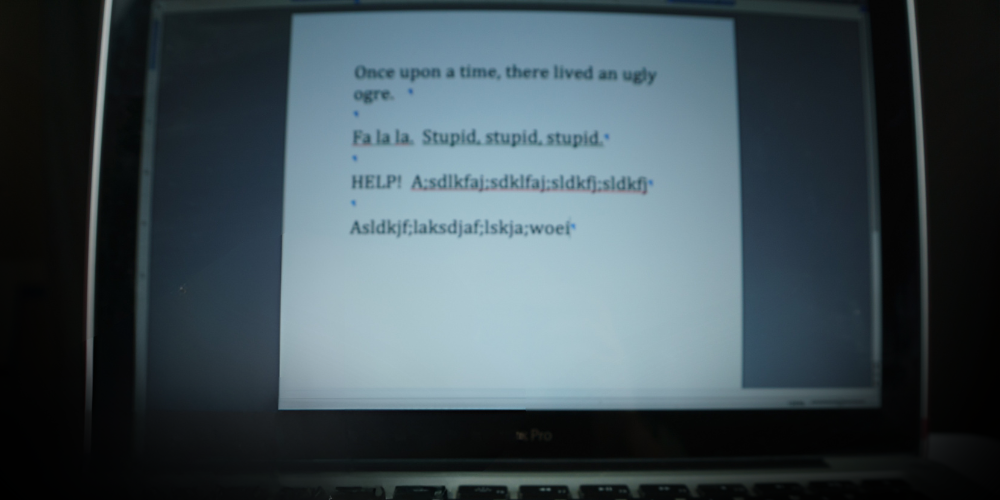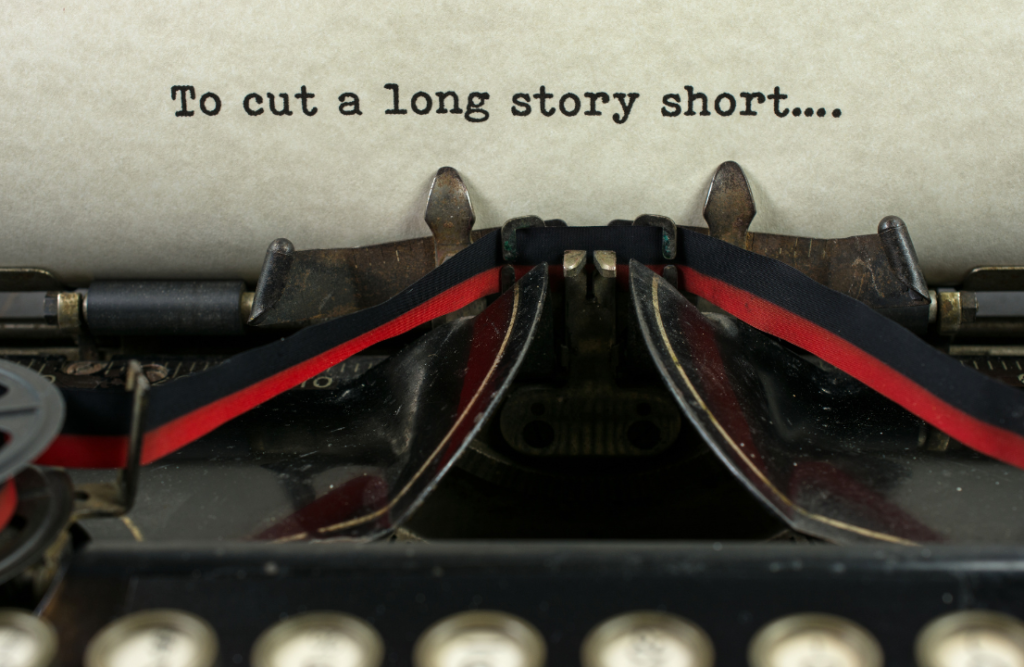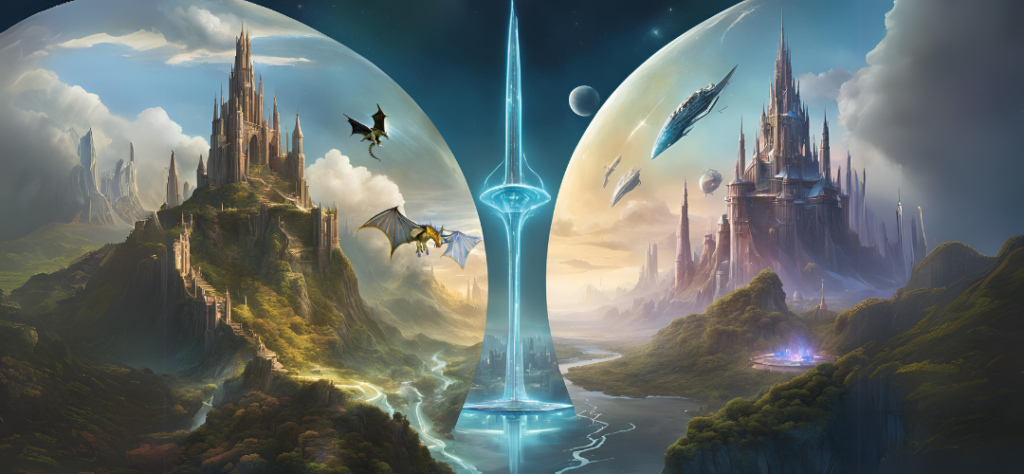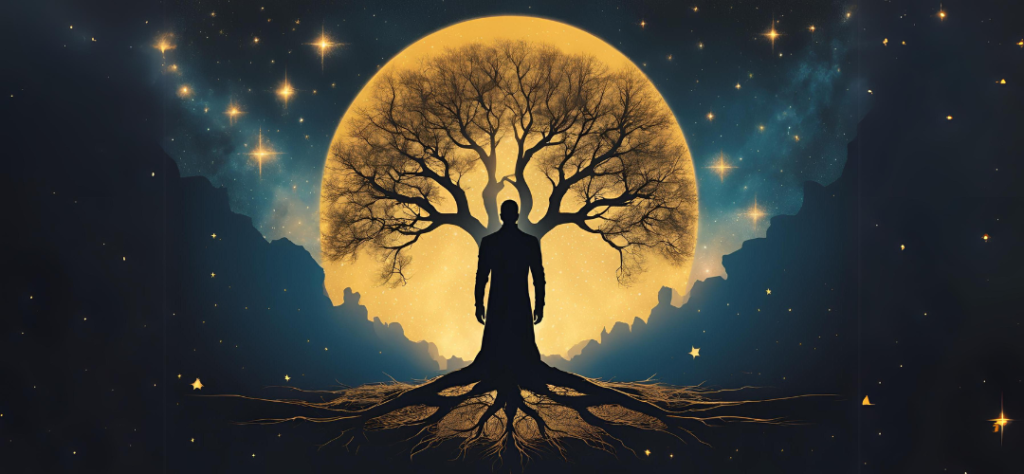The Journey of Writing a Novel: Creating Magic Beyond the Editing Loop
The Journey of Writing a Novel: Creating Magic Beyond the Editing Loop Have you ever been so lost in a book that you forgot you were reading? That magical moment when characters feel like friends and fictional worlds seem more real than your living room? As a reader, you’ve probably experienced this transportation. As a […]
The Journey of Writing a Novel: Creating Magic Beyond the Editing Loop Read More »










